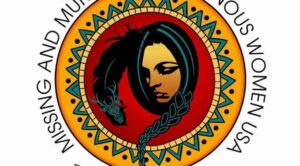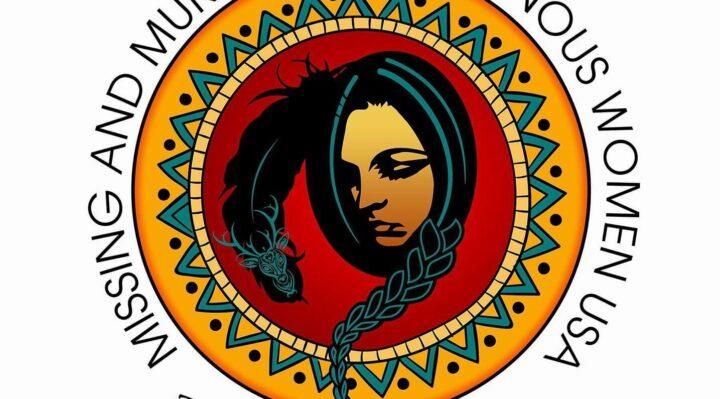Raising Awareness in Eastern Washington on the Missing and Murdered Indigenous People Crisis
Across Eastern Washington, communities have united in a series of impactful events aimed at highlighting the critical issue of Missing and Murdered Indigenous People (MMIP). From Spokane to Yakima, local activists, tribal leaders, and families affected by this crisis gathered to participate in vigils, panel discussions, and cultural exhibitions. These initiatives are designed to elevate Indigenous voices, honor those lost, and advocate for systemic reforms to improve safety and justice for Indigenous populations.
Educational workshops played a central role, providing historical insights into the MMIP crisis and equipping attendees with tools for advocacy and prevention. Notable activities included:
- A candlelight vigil commemorating missing Indigenous women and children
- A policy roundtable featuring tribal elders and government officials
- Storytelling circles sharing firsthand experiences from survivors and families
- Art displays highlighting Indigenous culture and raising public awareness
| Event | Venue | Date |
|---|---|---|
| Candlelight Vigil | Spokane Riverfront Park | June 10 |
| Panel Discussion | Yakima Cultural Center | June 12 |
| Art Exhibition | Cheney Community Hall | June 15–20 |
Strengthening Law Enforcement Collaboration and Transparency
Leaders within Eastern Washington’s Indigenous and advocacy communities are pressing for enhanced cooperation and openness among law enforcement agencies handling MMIP cases. The complexity of jurisdictional boundaries and frequent underreporting have hindered effective responses to this crisis. Advocates stress the importance of unified data systems and culturally competent training to ensure investigations are conducted with respect and efficiency.
Key proposals from tribal representatives and civil rights advocates include:
- Developing a shared, centralized database accessible to all relevant agencies
- Standardizing reporting protocols tailored to Indigenous cases
- Appointing community liaisons to build trust and facilitate communication
- Providing the public with timely updates on investigations while safeguarding case integrity
| Initiative | Anticipated Benefit |
|---|---|
| Centralized Database | Accelerated resolution of cases |
| Cultural Competency Training | More sensitive and effective investigations |
| Community Liaison Roles | Enhanced public confidence |
| Transparent Reporting | Improved accountability |
Cultural Initiatives and Community Vigilance to Support Families and Heritage
Eastern Washington has witnessed a surge in culturally rooted events that blend traditional Indigenous practices with contemporary advocacy to confront the MMIP crisis. These gatherings provide safe spaces for sharing stories, honoring those who have disappeared or been lost, and celebrating Indigenous resilience. Activities such as drum circles, oral histories, and visual art exhibitions have been central to these efforts.
Organizers and participants have identified several priorities to enhance community safety and awareness:
- Neighborhood Watch Programs: Increasing vigilance and community presence to deter violence
- Educational Sessions: Raising awareness about legal rights, available resources, and reporting mechanisms
- Advocacy Campaigns: Lobbying for policy reforms to improve investigative processes and family support
| Event Type | Objective | Location |
|---|---|---|
| Vigil Walk | Commemorate victims and raise public awareness | Spokane Reservation |
| Art Exhibition | Celebrate Indigenous culture and narratives | Cheney Cultural Center |
| Advocacy Forum | Discuss legislative reforms and community safety strategies | Yakima Tribal Hall |
Policy Recommendations and Funding Needs to Tackle Systemic Barriers
Experts specializing in Indigenous rights and public policy emphasize the necessity of comprehensive reforms to dismantle systemic obstacles that perpetuate violence against Indigenous communities. They advocate for enhanced inter-agency coordination, mandatory cultural sensitivity training for law enforcement, and expanded victim support services. Without sustained governmental investment, these issues risk remaining unaddressed and underreported.
Highlighted policy suggestions include:
- Allocating increased federal and state funds specifically for Indigenous safety programs
- Mandating trauma-informed and Indigenous history training for police officers
- Creating unified databases to streamline missing persons investigations
- Supporting grassroots prevention initiatives and survivor advocacy organizations
| Focus Area | Recommended Reform | Projected Impact |
|---|---|---|
| Law Enforcement | Compulsory Indigenous cultural and trauma training | Strengthened community relations and investigative effectiveness |
| Funding | Targeted grants for Indigenous safety initiatives | Broadened resources for prevention and survivor support |
| Data Systems | Integrated missing persons database | Improved case tracking and faster resolutions |
Moving Forward Together
As Eastern Washington communities continue to unite in remembrance and advocacy surrounding the Missing and Murdered Indigenous People crisis, these collective efforts serve as both a tribute and a catalyst for change. By elevating awareness and fostering dialogue, organizers aim to inspire deeper understanding, bolster support networks, and drive systemic reforms. Nonstop Local News remains committed to covering these developments, amplifying Indigenous voices, and supporting the ongoing quest for justice and healing.







